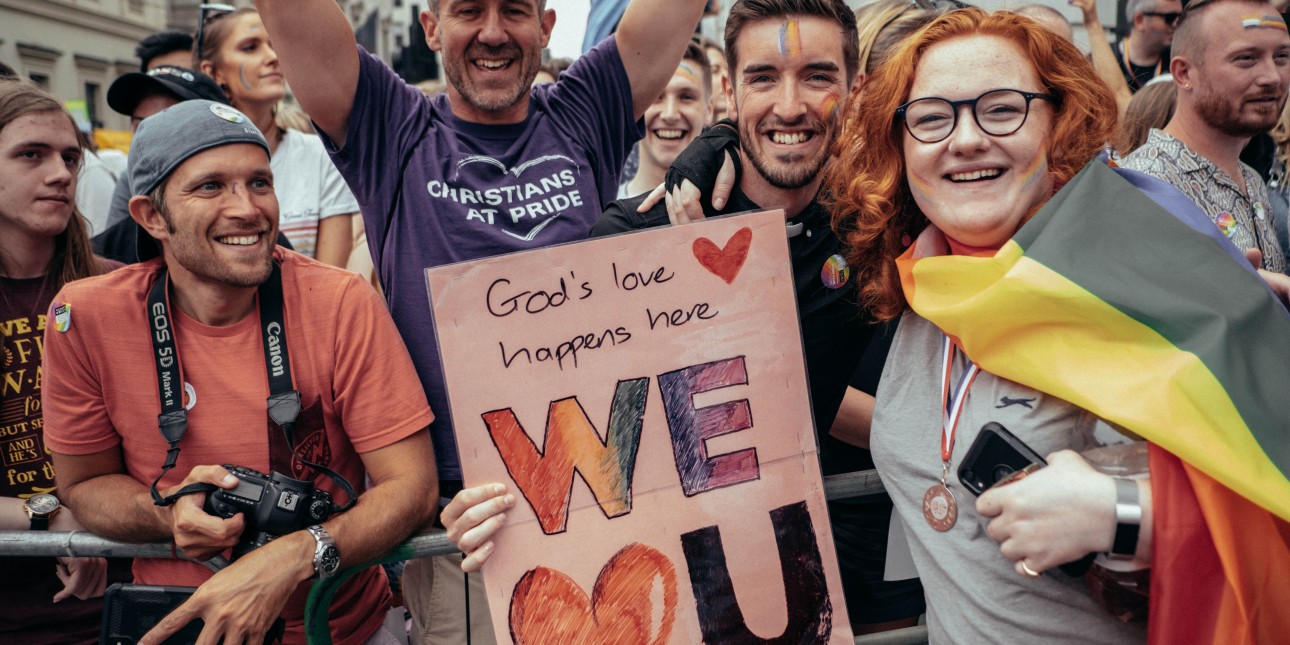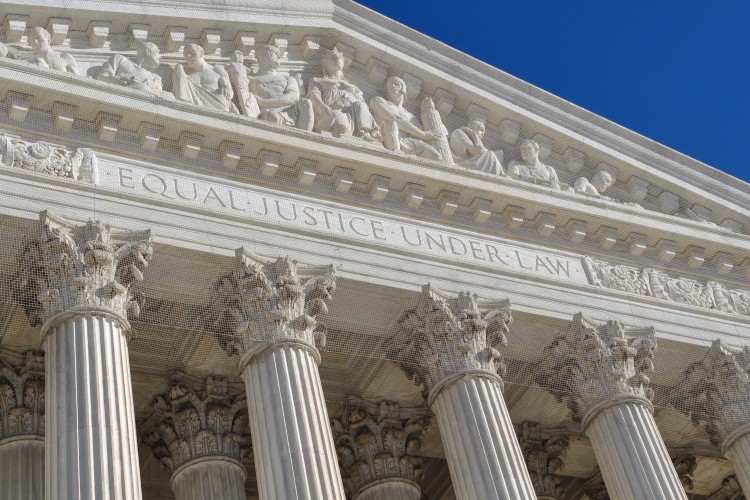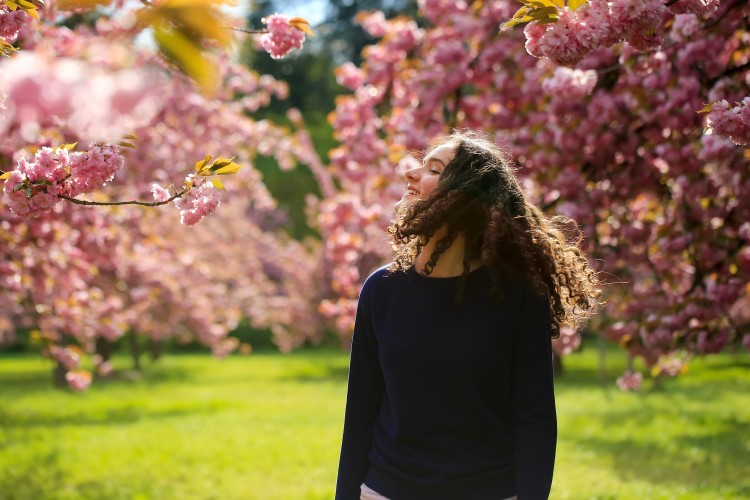Gender Identity, Sexual Orientation, and Religion

As a nonbinary, bisexual seventeen-year-old who grew up in the Catholic church, I have experienced dissonance between my gender identity and sexual orientation, and my religion. I have faced discrimination within my Church, in the home, and within my extended family due to my identity and the way that it is perceived by our Church. I have been unable to come out and face misgendering and being referred to by the wrong pronouns every day due to fear that my parents’ religious leanings will lead them to treat me differently, possibly send me to conversion therapy outside of my state, and out me to the rest of our community. Some of my other relatives may ostracize or harass me, particularly a great aunt of mine, if they were aware of my true identity. During my Confirmation process, I was taught the official doctrine of the Catholic church, in which I ultimately “confirmed” my “belief” that homosexuality was merely an “inclination”, and a sinful one contrary to natural law, impure, and ungodly. We were taught that homosexual couples should not be allowed to adopt children or get married. Homosexuality was ultimately seen as a sinful mistake made by strange and confused people.
In an environment full of people who dedicate their lives to doing good by God and going to rest in heaven, perceiving homosexuality as sinful equates some peoples’ existence as an inevitably predestined to hell. Our confirmation materials told us that those with “homosexual inclinations” must “live a life of self-control” and “wholesome friendships.” In the same paragraphs that these bigoted messages were conveyed, our heterosexual counterparts were told to enjoy and embrace sex, marriage, and family as God’s gifts.
There was an openly lesbian young woman in my confirmation year and I remember thinking how conflicted she must feel going through what was supposed to be an affirming, once-in-a-lifetime spiritual process, that invalidated her so fundamentally. I had always been an ally from a young age and felt upset watching cisgender, heterosexual people debate others’ existence and right to fundamental human rights in front of me, which I would later find out included my own. Furthermore, these people called themselves Catholics, which tainted my view of my religion as it was just developing. While many churches are becoming more inclusive and even have Pride flags hanging outside, mine is not one of them. I understand that a lot of progress has been made, and I am glad that it is possible for people to “toe the line” so to speak between their identity and religion, however, this should not have to be the case. Anybody who is not hurting anybody else should not have to choose to only show some parts of their identity to their community, or only see select aspects of themselves represented in their religion. I truly believe that God wants us to be authentically ourselves, especially LGBTQ+ people.
When I was coming out to myself, I went through many struggles. Internalized homophobia was a major one, and much of this was definitely due to my indoctrination and upbringing in the Catholic church. As a bisexual she/they, I have gravitated towards compulsive heterosexuality and a straight-passing relationship and pronouns, because they allow me to remain safe as a minor within my religious environment, especially with my family. For these reasons, I have turned to support from my non-Catholic friends, looking outside of the great support system and resources available to me, instead of within it.
Despite all of the conflicting views between my personal beliefs and my religion, I would say that I have remained a deeply spiritual and religious person. Nowhere in our Bible are LGBTQ+ rights declared sinful or wrong, contrary to misinterpretations and incorrect translations perpetuated by political agendas of those who claim to be part of our religion. In the original Hebrew of the Old Testament, God is referred to as “Yahweh,” a name half feminine and half masculine. God is also referred to plurally and with both female and male pronouns.
I have also turned to researching and understanding indigenous and pagan religions from around the world, which have embraced the gender and sexuality spectrum for thousands of years. By educating myself as much as I can and looking to religion as a whole, rather than just my own religion, for a spiritual guide in my life, I have been able to reconcile the two.
Within the Catholic culture, LGBTQ+ issues are treated with similar negligence as women’s rights, reproductive rights, domestic violence, and forms of abuse. It is important that culture is preserved and that religion leads people to live full, happy, and good lives, and to achieve this, I know that my own church still has a long way to go. Almost every day I wear my saint pendant which bears the symbol of my Confirmation saint, Saint Catherine, whose name I was confirmed in before the eyes of God. This necklace was given to me by my grandparents. I also wear my Pride bracelet, which was given to me by my boyfriend, who was the first person I came out to and is very supportive of the LGBTQ+ community. I hope that as I become a legal adult, I can help embody a step forward by living as an example, and hopefully make some of these bridges between my two communities easier to cross for those who come after me and those who are going through the same things that I did.
Evelyn (They/Them/Theirs) is a Programs Coordinator at Breaktime, where they have led curriculum creation for the Liftoff Learning Series and most recently chaired the steering committee for Breaktime’s presence at BAGLY Youth Pride 2022. They are also a consultant with lived expertise in housing insecurity on the Youth Catalyst Team at Youth Collaboratory, a national organization providing technical assistance to direct services providers in the youth housing justice field. Evelyn is also an incoming student at Brandeis University, where they plan to double major in political science and linguistics.

